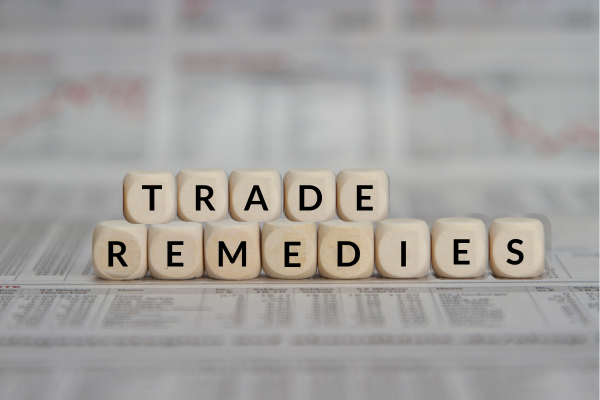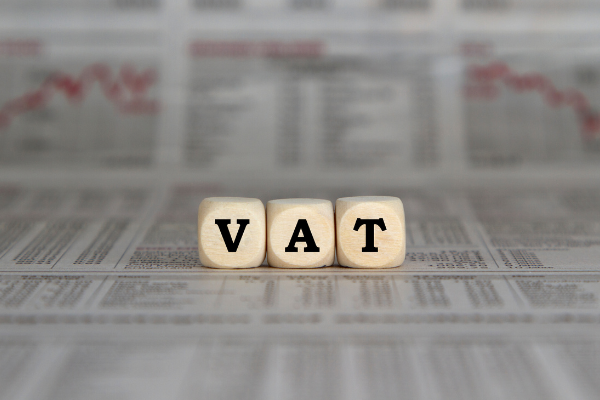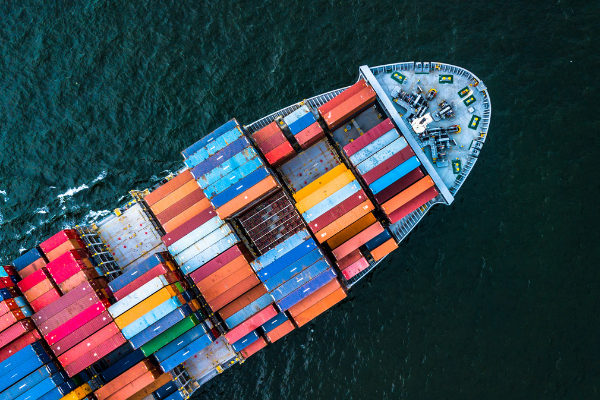Duty & VAT

The need for trade remedies stems from the challenges of operating globally. Trading internationally carries risks, such as opening the domestic market to the threat of competition. Introducing trade remedies in these scenarios can counterbalance these threats, protecting the UK’s domestic industries. As of 2025, the United Kingdom imposes anti-dumping duties on various imported goods to protect domestic industries from unfair trade practices. These duties are additional charges levied on products sold in the UK at prices below their standard value, often due to subsidies or dumping by exporting countries.

Is history repeating itself? Possibly the most infamous legislation in U.S. economic history was the Smoot-Hawley Tariff Act of 1930. Introduced during a period of financial downturn, its sole purpose was to raise tariff rates on imported goods. This legislation did not pass without unintended consequences, leaving scars in America's global trade and economic policies for years to come.

Excise duties in the UK are taxes levied on importing or manufacturing specific goods. When these goods are imported from outside the UK, excise duty is charged in addition to import duty and VAT. These duties are applied to items such as alcohol, tobacco, and fuel, among others. The UK excise duty system encompasses several categories, including regulations and rates.

The National Export System (NES), which will be replaced by the Customs Declaration Service (CDS) at the end of March 2024, doesn’t require an exporter to declare whether or not they are zero-rating their export for VAT purposes. Exporters can claim VAT zero rating against official and/or commercial transport evidence of export.

A shipping log serves as a centralised record-keeping system for all import-related information. It encompasses detailed entries, each associated with a unique reference. Moreover, the record allows for creating folders where relevant documents, emails, and other resources can be conveniently organised. The actual value of a shipping log lies in its adaptability, as it can be tailored to meet the specific needs of your business, ensuring a personalised and efficient approach to managing import operations.

Tariff duty suspension, also known as tariff suspension or tariff quota, refers to a temporary reduction or elimination of import duties (tariffs) on specific goods in the United Kingdom. It is designed to promote trade and support domestic industries by making imported goods more affordable or competitive. It benefits UK businesses by giving them a competitive advantage by removing duties on certain commodities.








